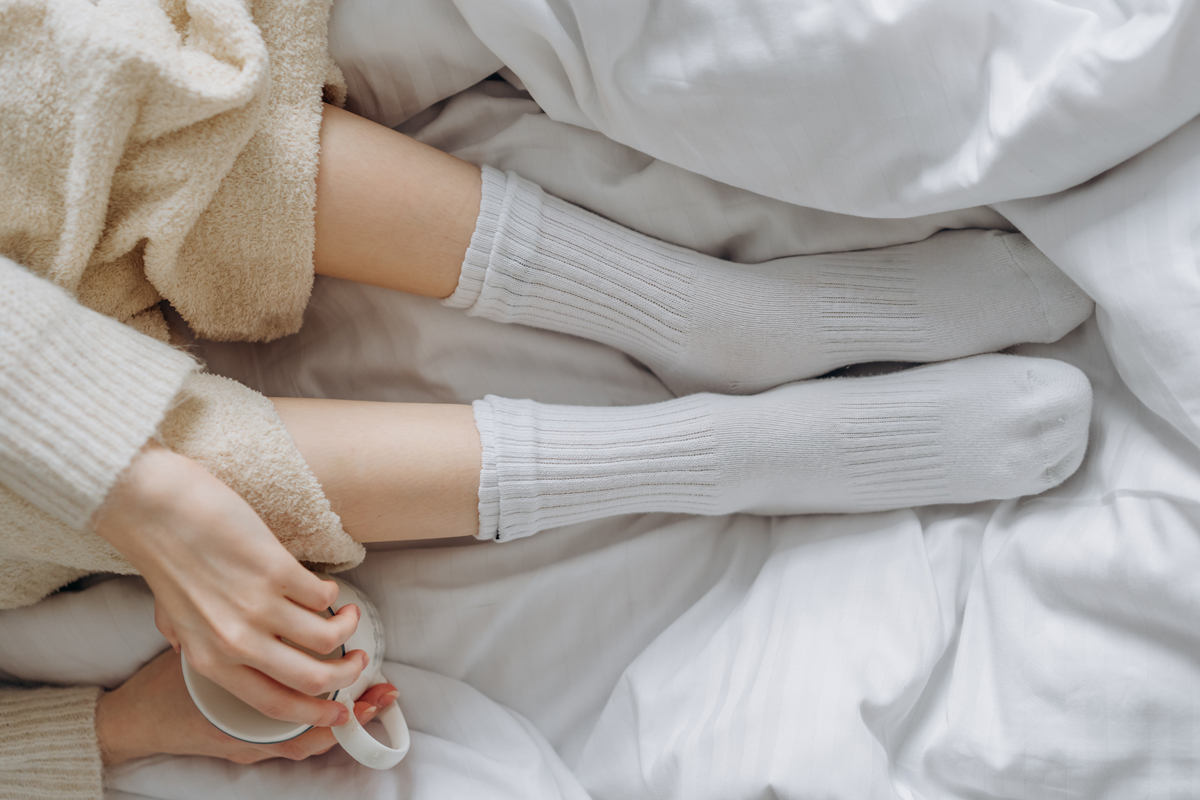10 Tips for a Restful Night’s Sleep

We all know that getting a good night’s rest is essential for our physical and mental health. However, many of us struggle with insomnia or other sleep issues that can disrupt our rest and affect our daily lives. Fortunately, there are simple lifestyle changes you can make to promote better sleep. Here are ten tips for achieving a more restful night’s sleep:
1. Stick to a Consistent Sleep Schedule:
Try to go to bed and wake up at the same time each day, even on weekends. This helps regulate your body’s internal clock and promote healthy sleep patterns.
2. Create a Bedtime Routine:
Establish a relaxing routine before bed, such as taking a warm bath, reading a book, or listening to calming music. This signals to your brain that it’s time to wind down and prepare for sleep.
3. Avoid Caffeine and Alcohol:
Caffeine and alcohol can disrupt your sleep cycle, making it harder to fall asleep and stay asleep throughout the night. Limit your intake or avoid these substances altogether, especially in the evening.
4. Keep Your Bedroom Cool and Dark:
A quiet, dark, and cool environment can enhance your sleep quality by helping your body produce the hormone melatonin, which regulates sleep.
5. Invest in a Comfortable Mattress and Pillow:
Your bed plays a crucial role in your sleep quality, so invest in a comfortable mattress and pillow that support your body and help you feel relaxed.

6. Exercise Regularly:
Regular physical activity can improve your sleep quality and reduce symptoms of insomnia. However, avoid exercise close to bedtime, as it can increase your energy levels and make it harder to fall asleep.
7. Limit Screen Time Before Bed:
The blue light emitted by electronic devices can disrupt your sleep pattern and make it harder to fall asleep. Avoid screens for at least an hour before bed and instead opt for a calming activity, such as reading or meditation.
8. Practice Relaxation Techniques:
Techniques such as deep breathing, meditation, and yoga can help calm your mind and reduce stress, which can contribute to better sleep. Incorporate relaxation techniques into your bedtime routine for optimal results.
9. Avoid Large Meals and Drinks Before Bedtime:
Eating or drinking large amounts before bed can cause discomfort that can affect your sleep quality. Try to finish your last meal or drink at least two hours before bedtime.
10. Seek Medical Help if Necessary:
If you’ve tried these tips and still struggle with sleep issues, speak to your healthcare provider. They can help determine if there’s a medical issue contributing to your insomnia and recommend appropriate treatment.
Getting sufficient restful sleep is essential for our well-being, and practicing healthy sleep habits can make a significant difference. Utilize these ten tips to promote better sleep hygiene and enjoy the benefits of a good night’s rest.
>> How to Create a Relaxing Bedtime Routine
The Author:
Pioneerthinking.com: Ingredients for a Simple Life. Insights from a seasoned professional rooted in country living, with 28 years of horticulture expertise and over two decades of practical experience in homesteading, natural beauty, natural health, cooking and creative living.
Photo. PT








